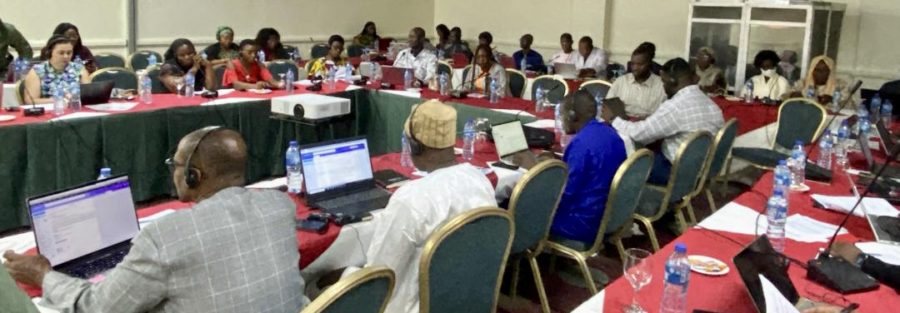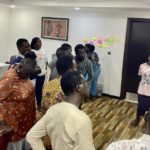In a two-day conference in Abuja, Nigeria, stakeholders across West Africa converged to tackle pressing issues surrounding adolescent reproductive and mental health.
Hosted on the sidelines of the 25th ordinary meeting of the ECOWAS Assembly of Health Ministers by the West African Health Organization (WAHO), the conference discussed ways to improve adolescent mental, sexual, and reproductive health (SRH), as well as maternal health outcomes in the African region.
The gathering, attended by several stakeholders including health system actors from multiple West African countries, civil society organizations (CSOs), adolescents, researchers, and policymakers, was a crucible for sharing ideas, exchanging experiences, and gaining insights from Ghana, Nigeria, Burkina Faso, Niger, Guinea, and Senegal.
“Transformative approaches are imperative to enhance the health and well-being of our youth,” emphasized delegates during deliberations.
Recognizing the sensitive cultural and religious contexts that often stigmatize discussions on adolescent SRH, participants advocated for gender-sensitive regulations, heightened awareness, and a shift in gender relations to destigmatize access to education and services in family planning and other SRH services.
The conference shed light on the alarming neglect of adolescent mental health in West Africa. Dr. Maurice Yaogo of the International Association for the Study of Pain (IASP), Burkina Faso, lamented that
“Mental health issues among adolescents receive inadequate attention, perpetuating the cycle of suffering.”
To address this, Dr. Laura Wallace of Dodowa Health Research Centre (DHRC)-Ghana proposed innovative approaches such as participatory theatre methods to make SRH education engaging both in and out of school, fostering a shift in social consciousness.
Challenges continue to persist, as Mr. Saidou Oumarou of the Laboratory of Studies and Research on Social Dynamics and Local Development (LASDEL), Niger, highlighted.
“Cultural beliefs and limited healthcare provisions often compel young people to prioritize traditional or alternative medicines over seeking professional help for mental health concerns,” he emphasized.
The conference echoed the urgency for action. Elsie Abedi, an adolescent representative from Ghana, stressed that
“Adolescent SRH and mental health are foundational to our well-being. Policies and interventions must prioritize these issues to ensure healthier and more fulfilling lives.”
Local perspectives were equally crucial. Rev. Ebenezer Asiamah, representing Ghana’s Shai-Osudoku district, emphasized the need for dedicated mental health units in healthcare facilities to address maternal mental health concerns effectively.
The effects of adolescent pregnancies were also discussed extensively.
“Adolescent pregnancies often lead to school dropouts, perpetuating a cycle of poverty, malnutrition, and strained relationships,” highlighted participants.
In response to these challenges, Ms. Sherifata Mohamed of the Ghana Health Service- Adolescent Health Unit pledged to intensify sex education, mental health counseling, and referrals. She emphasized the importance of enhancing life skills training and strengthening healthcare and social support networks through community engagement.
As the conference drew to a close, it left behind a trail of hope and commitment to champion the cause of adolescent health , maternal mental health, and frontliners in West Africa.
With collaborative efforts and innovative strategies, stakeholders are poised to transform the landscape, ensuring generations’ brighter and healthier future.



